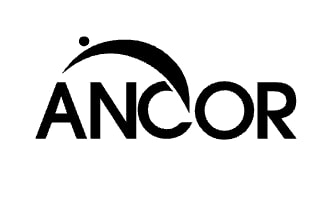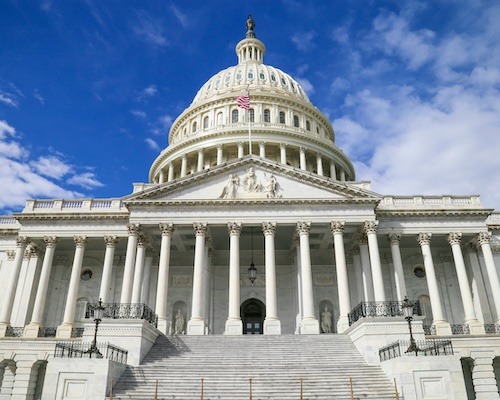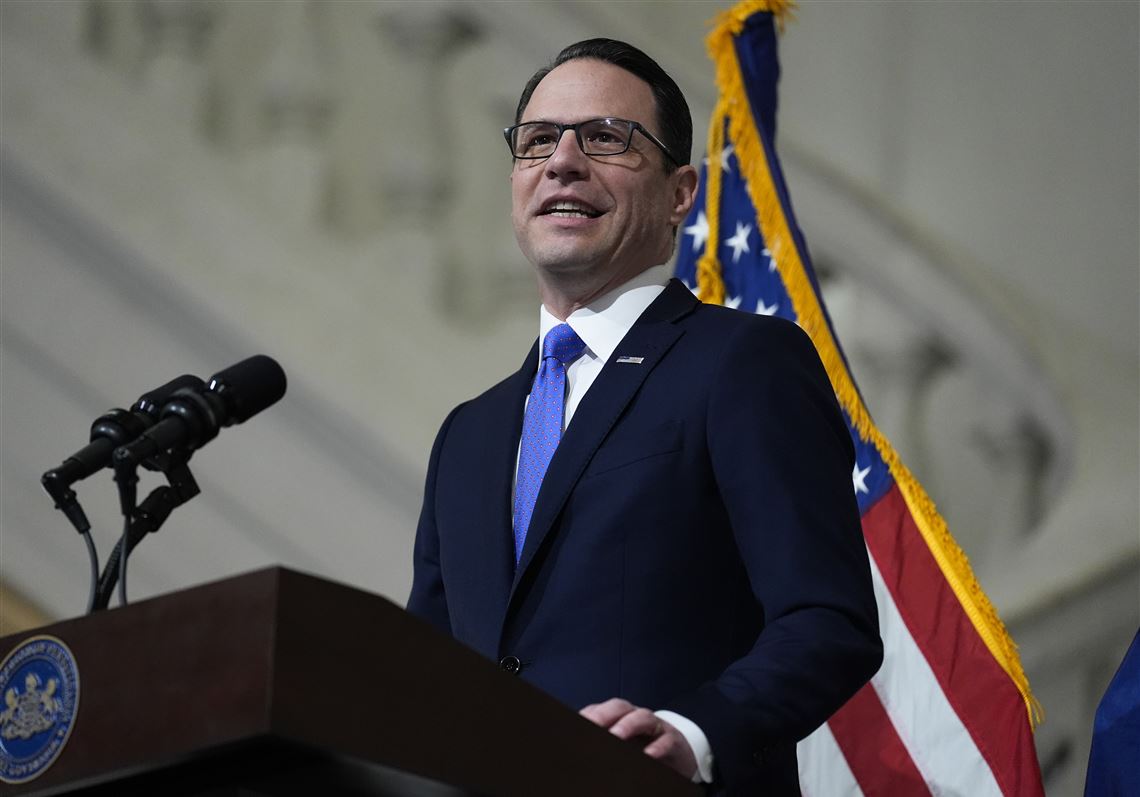The InVisionary
 Since February of 2020, the American Network of Community Options and Resources (ANCOR)—an advocacy group dedicated to advancing the ability of its members to support the disability community—has conducted an annual survey addressing the ongoing shortages among the direct support workforce. ANCOR’s State of America’s Direct Support Workforce Crisis 2023 report includes data collected from 581 human services organizations across 45 states and the District of Columbia.
Since February of 2020, the American Network of Community Options and Resources (ANCOR)—an advocacy group dedicated to advancing the ability of its members to support the disability community—has conducted an annual survey addressing the ongoing shortages among the direct support workforce. ANCOR’s State of America’s Direct Support Workforce Crisis 2023 report includes data collected from 581 human services organizations across 45 states and the District of Columbia. At the center of the human services industry is the role of Direct Support Professionals (DSPs). DSPs provide the long-term support necessary for people with intellectual and developmental disabilities (IDD) and are essential to the success of our operation and the people we serve. The key responsibilities of DSPs include, but are not limited to, supporting independent living, community employment and engagement, connecting people supported with their friends and family, and encouraging days spent meaningfully. For years, service providers have faced a staffing crisis among the role of DSPs. Let’s look at the main takeaways from ANCOR’s 2023 report on the issue:
- 95% of respondents indicated they had experienced moderate or severe staffing shortages in the past year.
- More than half (54%) of respondents indicated they deliver services in an area where few or no other providers deliver similar services.
- More than three-fourths (77%) of respondents reported turning away new referrals in the past year due to ongoing staffing shortages.
- 72% of respondents reported that they had experienced difficulties adhering to established quality standards due to ongoing staffing challenges.
- Of those respondents that reported offering case management services, fully three-fourths indicated they had experienced difficulties connecting people with services due to a lack of available providers.
How You Can Help
 Maintaining a sustainable DSP workforce is crucial to not only the success of our industry’s programs, but most importantly, the stability and success of the people we support. ANCOR’s efforts call on the 118th Congress to adopt the following solutions:
Maintaining a sustainable DSP workforce is crucial to not only the success of our industry’s programs, but most importantly, the stability and success of the people we support. ANCOR’s efforts call on the 118th Congress to adopt the following solutions: Increase Funding for Workforce Initiatives
The 118th Congress should pass the HCBS Relief Act (S. 3118/H.R. 6296) and the Better Care Better Jobs Act (S. 100/H.R. 547). Both bills would enhance the Federal Medical Assistance Percentage (FMAP), which would increase the share of Medicaid funding for Home and Community Based Services (HCBS) furnished by the federal government. Increasing the FMAP would allow states to increase currently inadequate HCBS payment rates to promote recruitment and retention of direct support workers.
Create a Standard Occupational Classification for Direct Support Professionals
The 118th Congress should pass the Recognizing the Role of Direct Support Professionals Act (S. 1332/ H.R. 2941). This legislation would establish a standard occupational classification (SOC) for DSPs. SOCs are used at all levels of government to identify employment trends and design policies, but DSPs aren’t currently defined in the federal code because there is no SOC formally recognizing the profession. As such, there is no comprehensive mechanism for collecting data on DSPs, and policymakers cannot make informed decisions to assist with recruiting, retaining or fairly compensating DSPs.
Support Career Pipeline Programs for Direct Support Professionals
The 118th Congress should pass the Supporting Our Direct Care Workforce and Family Caregivers Act (S. 1298) and the Direct CARE Opportunity Act (H.R. 4720). These proposals would establish a career pipeline for DSPs, which would support further development of the profession and offer additional opportunities for training and professionalization. Congress should also enact legislation that would authorize federal grant programs to support the training, recruitment, retention and advancement of the direct support workforce.You can help by sharing your voice! Get involved today by writing to your representatives, spreading the word, and encouraging others to advocate. ANCOR has made advocating for this cause accessible by providing a call on Congress action, supporting the recognition of DSPs.
A Step in the Right Direction for PA Providers
 During the recent Pennsylvania state budget address held on February 6, Governor Josh Shapiro proposed an investment of over $480 million to subsidize the state’s human services organizations. The proposed budget increase would allow for the improvement of home and community-based services and enable providers to offer competitive wages for DSPs – ultimately helping to diminish position vacancies and turnover rates among Pennsylvania’s providers. This is motivating news, as it is an indication that our efforts in making a change are being heard.
During the recent Pennsylvania state budget address held on February 6, Governor Josh Shapiro proposed an investment of over $480 million to subsidize the state’s human services organizations. The proposed budget increase would allow for the improvement of home and community-based services and enable providers to offer competitive wages for DSPs – ultimately helping to diminish position vacancies and turnover rates among Pennsylvania’s providers. This is motivating news, as it is an indication that our efforts in making a change are being heard. We kindly ask that you join InVision and its coalition in advocating for such progress, as there is much work to be done to ensure these changes cross the finish line – both state and nationwide. As we strive toward the betterment of our industry to best support the needs of the people we serve, InVision looks forward to future developments that will come from our endeavors working together!
To read the full report, please visit the research and reports page on ANCOR’s website. Thank you, ANCOR, for providing this valuable insight and your ongoing advocacy for our DSPs!



Comments (0)